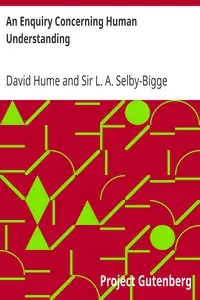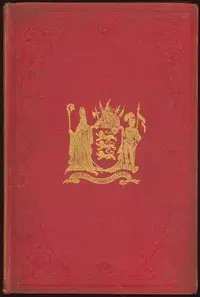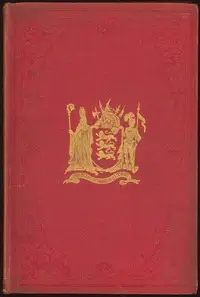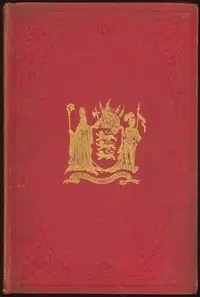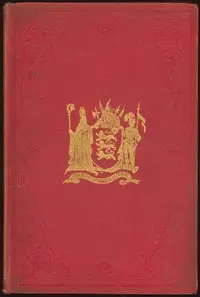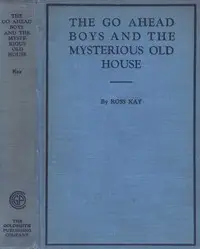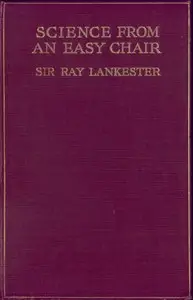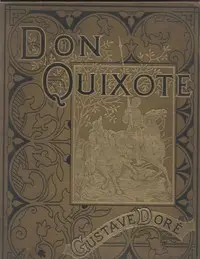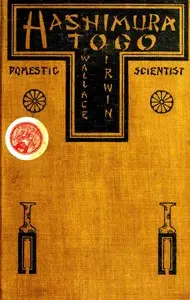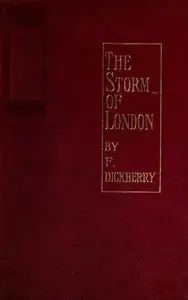"Hume's Political Discourses" by David Hume is a philosophical treatise written in the mid-18th century. The work explores foundational concepts in political economy and moral philosophy, reflecting Hume's thoughts on commerce, money, taxation, and various social structures. It aims to establish a framework for understanding the interactions between individuals and the state, providing insights that resonate throughout modern economic theory. The opening of "Hume's Political Discourses" includes an introduction that outlines Hume's reputation as a pioneering thinker in political economics and sets the stage for the various essays that follow. Hume asserts the importance of considering the public good in policy-making and distinguishes between shallow and profound thought in political discourse. He articulates that the foundational nature of his work lies in examining general principles over particular circumstances, emphasizing the role of commerce and industry in shaping a state's power and the well-being of its citizens, preparing readers for a deep dive into his analyses of economic interactions. (This is an automatically generated summary.)
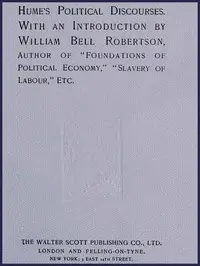
Hume's Political Discourses
By David Hume
"Hume's Political Discourses" by David Hume is a philosophical treatise written in the mid-18th century. The work explores foundational concepts in po...
David Hume was a Scottish philosopher, historian, economist, and essayist who was best known for his highly influential system of empiricism, philosophical scepticism and metaphysical naturalism. Beginning with A Treatise of Human Nature (1739–40), Hume strove to create a naturalistic science of man that examined the psychological basis of human nature. Hume followed John Locke in rejecting the existence of innate ideas, concluding that all human knowledge derives solely from experience. This places him with Francis Bacon, Thomas Hobbes, John Locke, and George Berkeley as an empiricist.

